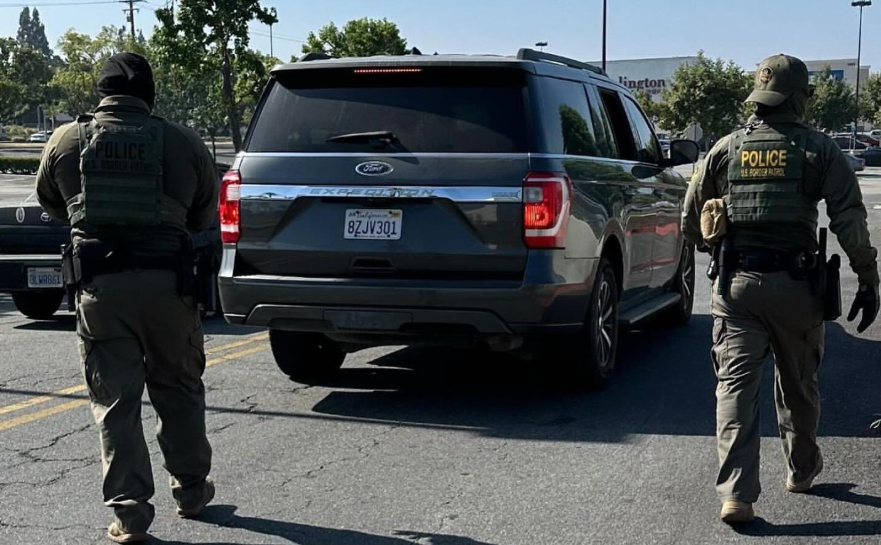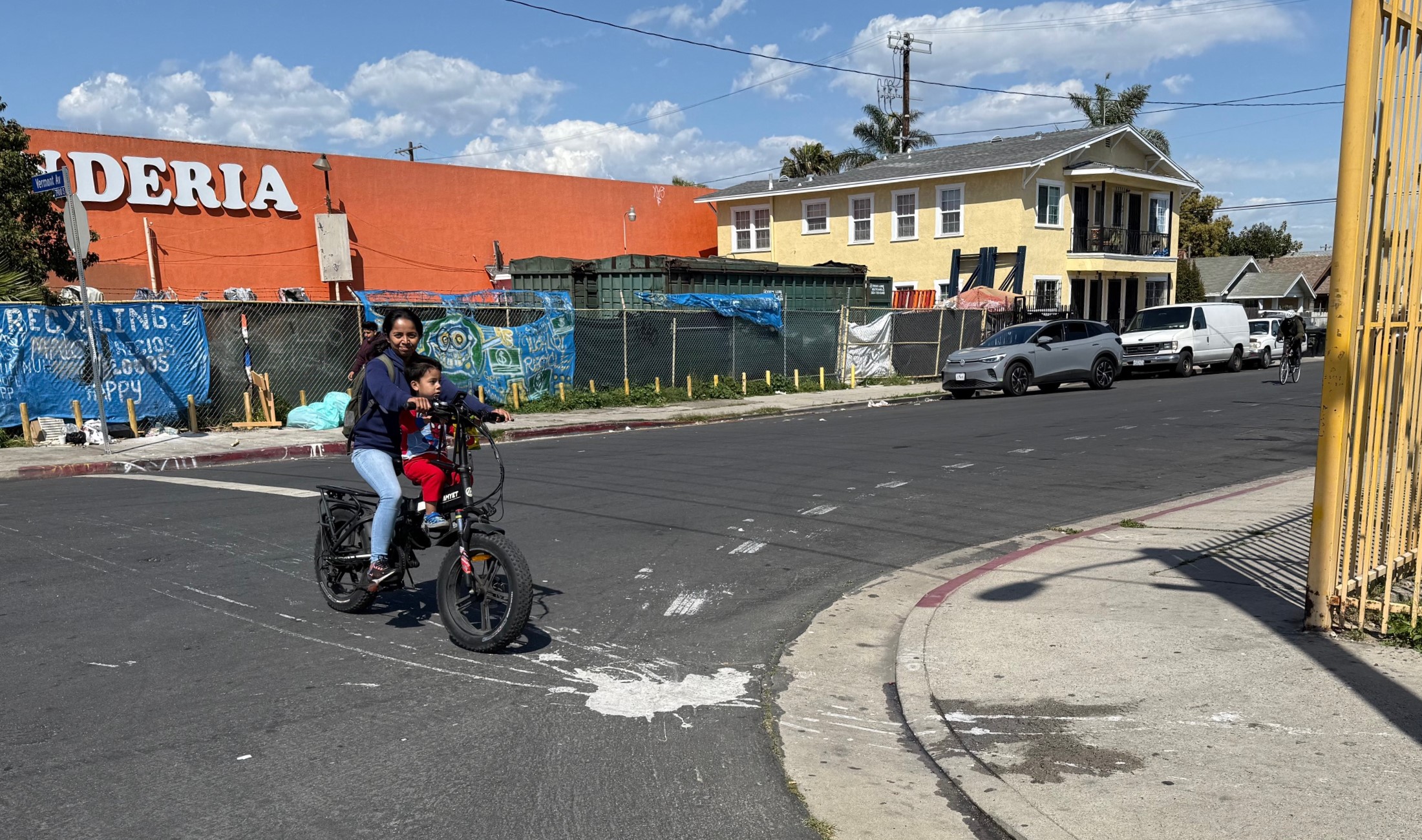
Americans are moving to areas with better transit access, but their options are limited.
Via Dave Roberts at Grist, this congressional testimony from Robert Puentes of the Brookings Institution [PDF]
is a must-read for anyone interested in how the country can reduce
dependence on cars and fossil fuels. High gas prices and soaring
transit ridership have exposed the shortcomings of local transit
systems, Puentes reports: 54 of the nation's 100 largest metro areas
have weak bus systems and no rail service. The federal funding
mechanism is a major culprit:
Onereason the metropolitan transportation system -- which should serve asthe connective tissue within and between metropolitan areas -- iswoefully incomplete, is due to flaws in federal policy.
Federaltransportation policy has long favored highway building over transitinvestments. Transit projects are evaluated and funded differently thanhighways. The pot of available federal transit funding is so small thatthe federal government oversees a competitive process for new transitfunding, requiring multiple hypercompetitive bureaucratic reviews thatdemonstrate a project's cost-effectiveness. Funding is also subject toannual congressional appropriations. Highways do not undergo the samelevel of scrutiny or funding uncertainty. Also, while highwaystypically receive up to 80 percent of federal funds (and 90 percent forimprovements and maintenance), new transit projects' federalcontribution is often less than half of the project cost.
Takentogether, these biases ensure that state transportation policy pursuedunder federal law works against many metropolitan areas' efforts tomaintain modern and integrated transportation networks.
Puentes delivered his testimony to the Senate Banking Committee, which has been considering emergency funding for local transit agencies.
Read the whole thing for a good overview of how transportation and
land-use policies can be improved as we approach the renewal of the
huge five-year federal transportation bill.
Graphic: Brookings Institution






